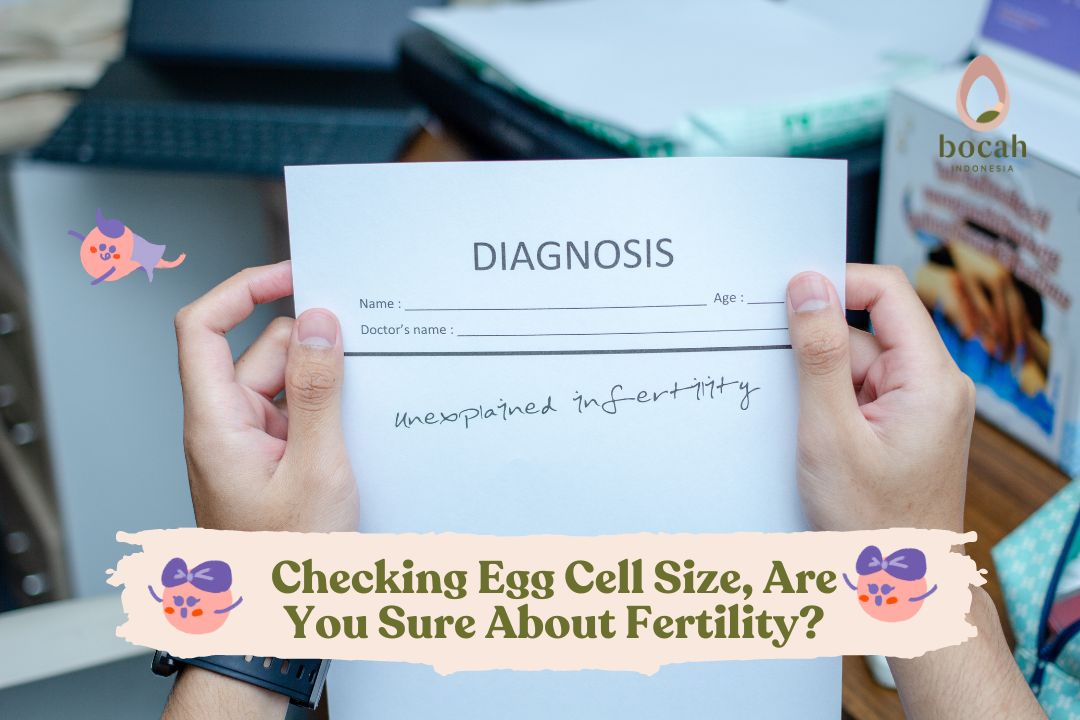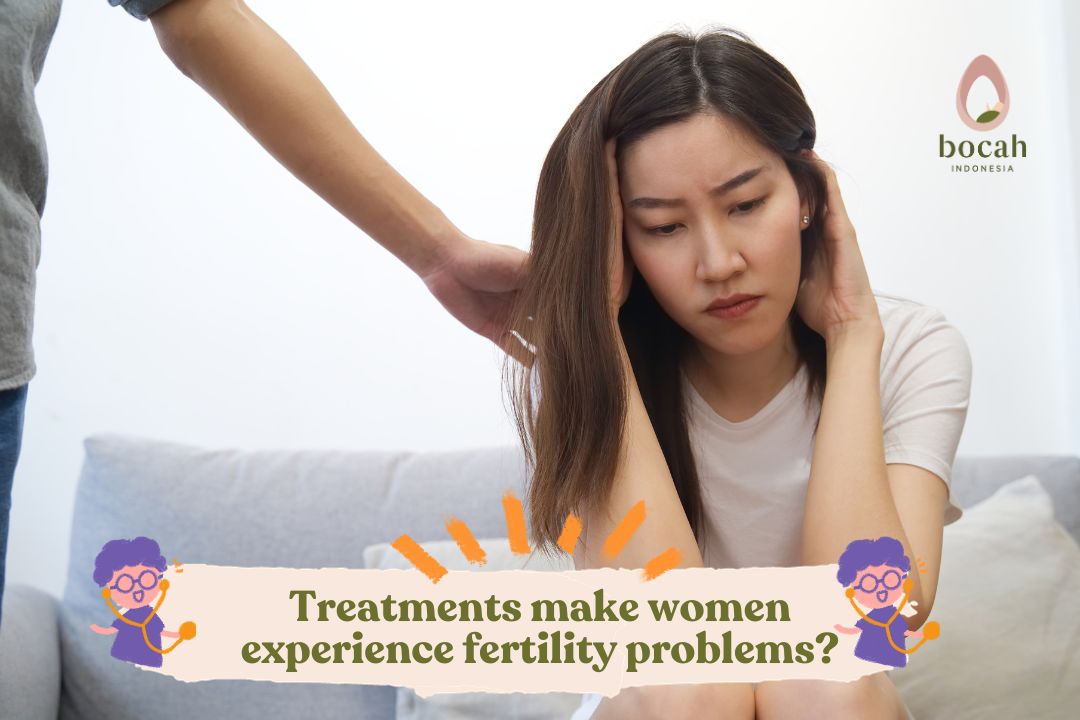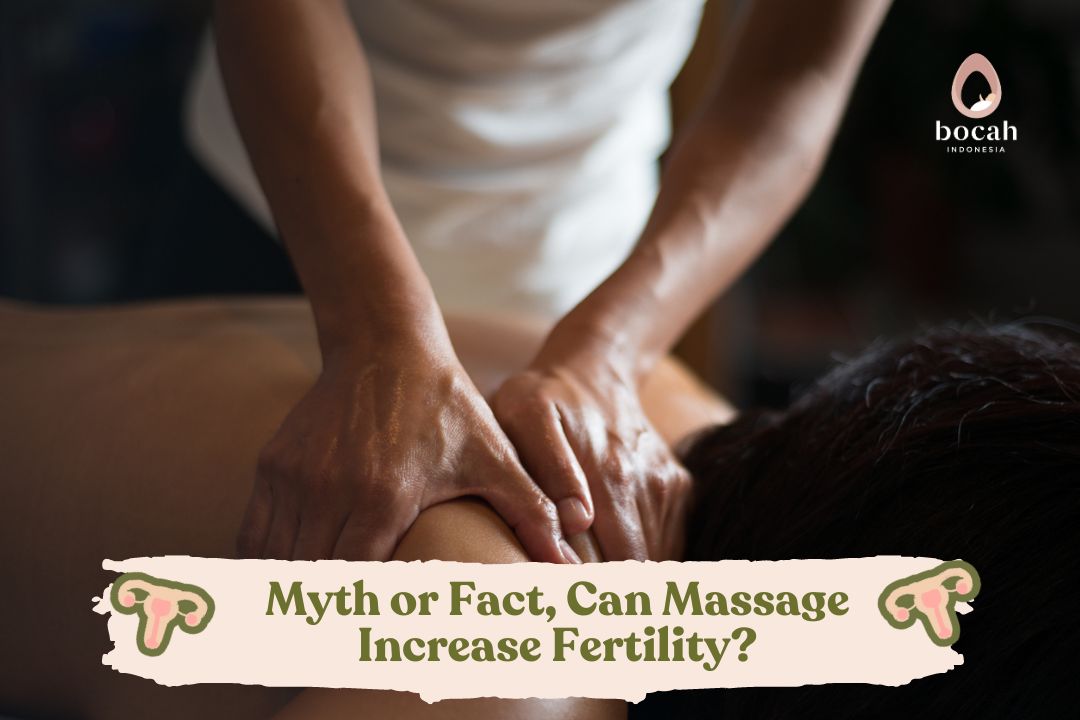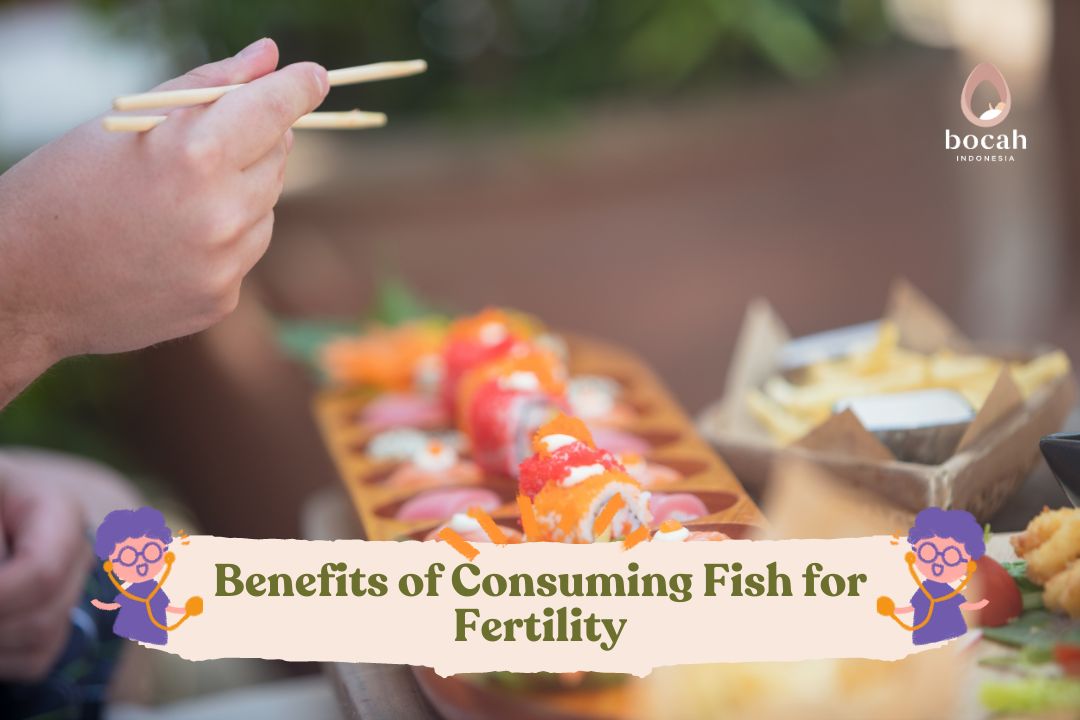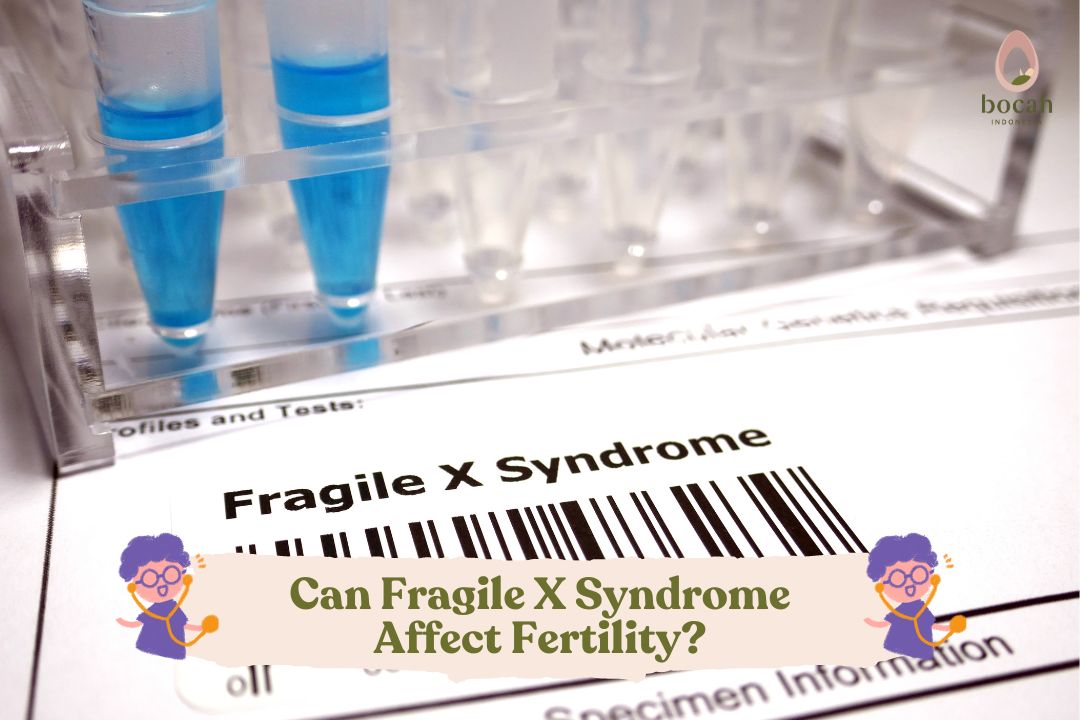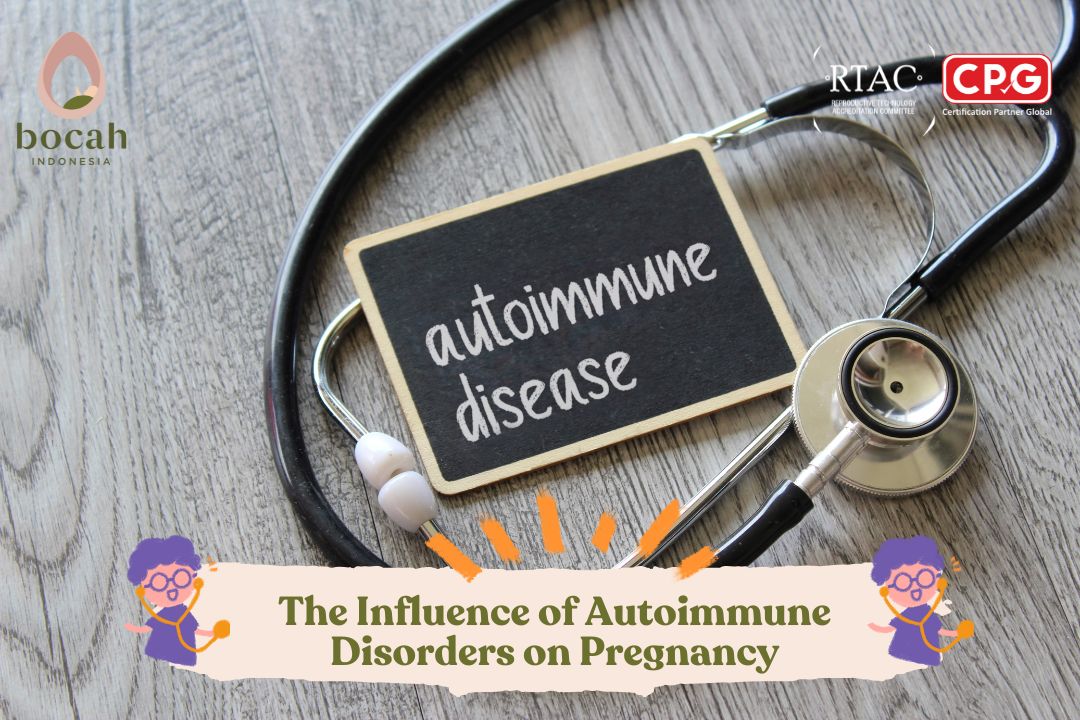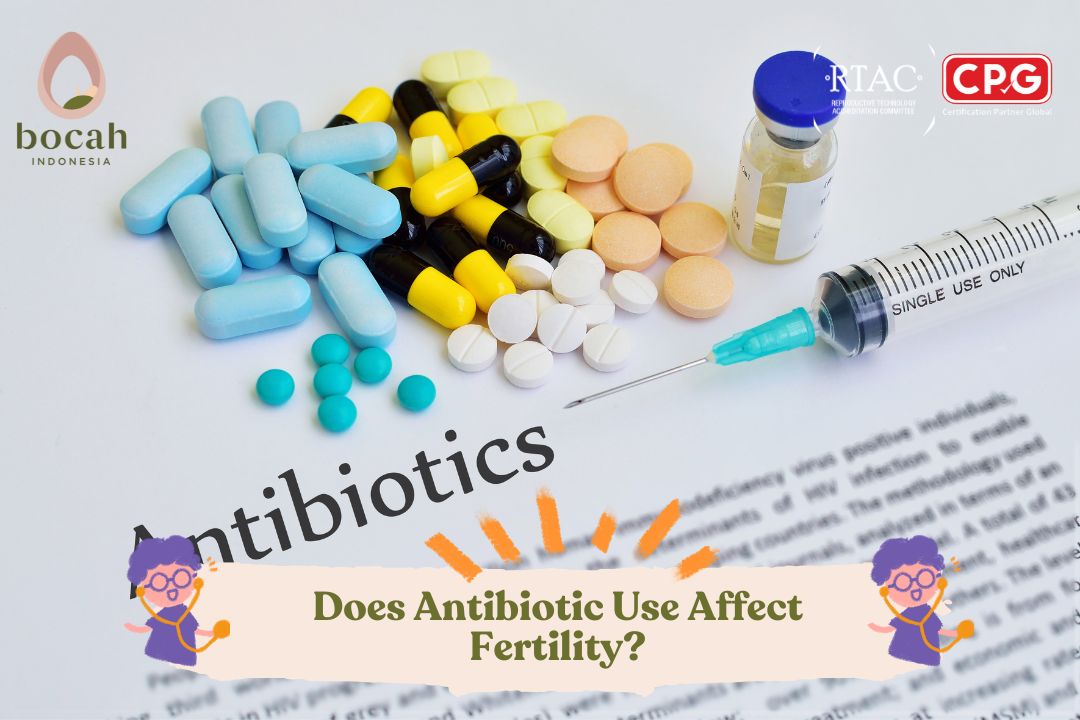5 Health Issues Affecting Fertility
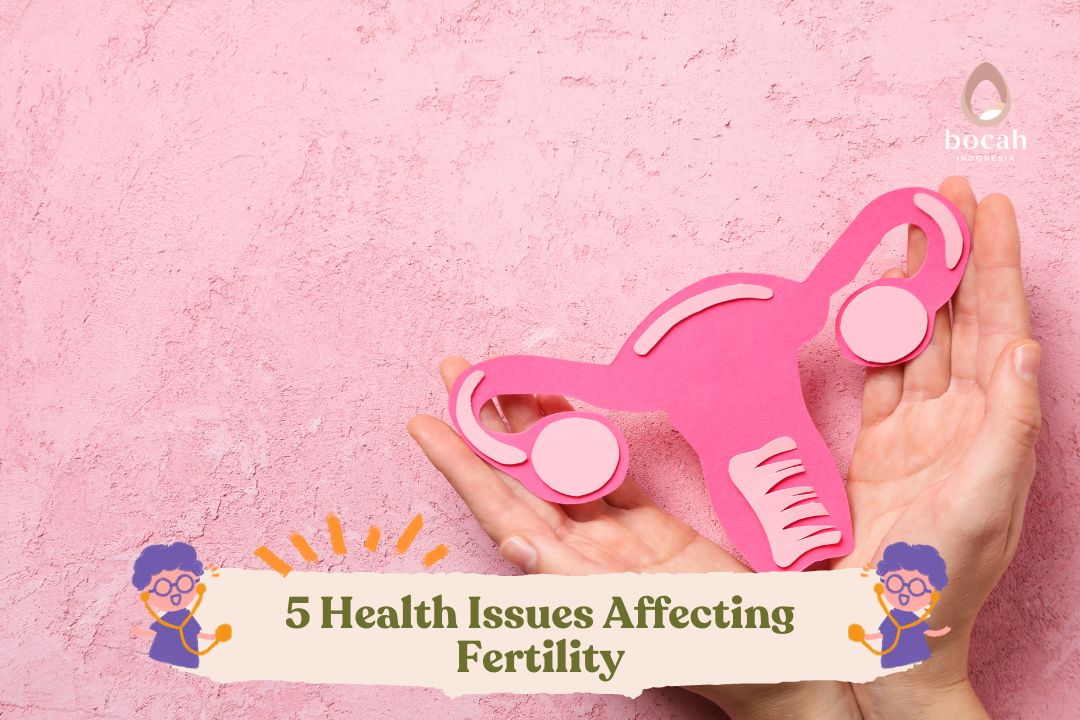
Fertility problems can be caused by many factors, one of which is the presence of certain medical conditions. Fertility problems, or infertility, are the inability to achieve pregnancy after being married for one year or more and having regular intercourse without contraception.
Infertility issues are not only caused by one party but both, i.e., the woman and the man. Many factors contribute to this condition, ranging from hormonal disorders to abnormalities in the reproductive organs.
To detect infertility problems, married couples need to undergo fertility tests.
Medical Conditions That Affect Fertility
Several medical conditions can cause infertility problems, such as:
1. Diabetes
One of the health issues affecting fertility is diabetes. Diabetes occurs when the pancreas doesn’t produce enough insulin, commonly referred to as type 2 diabetes. On the other hand, if the pancreas doesn’t produce insulin at all, this condition is known as type 1 diabetes.
Diabetes can cause menstrual disorders, changes in menstrual rhythm, and impact pregnancy success. Women with diabetes are more prone to infections and damage to reproductive organs, especially the fallopian tubes.
Mulai Journey of Hope
High blood glucose levels can lead to miscarriages or birth defects in the fetus. Excessive glucose and nutrients during fetal development can result in macrosomia (large baby syndrome).
Diabetes can also lower sexual desire (libido) due to fatigue, depression, and anxiety, which can reduce sexual desire. Moreover, natural vaginal lubrication is less common in people with diabetes, leading to discomfort and pain during intercourse.
2. Thyroid Disorders
Thyroid disorders are another health issue that can affect fertility. Thyroid disorders cause imbalances in hormone levels. Those with excessive thyroid hormones can develop hyperthyroidism, while insufficient thyroid hormone levels can lead to hypothyroidism. Both hypothyroidism and hyperthyroidism are conditions that can impact fertility in both men and women.
3. Celiac Disease
Celiac disease is a genetic autoimmune condition. This condition is triggered by consuming gluten. Eating gluten can trigger an immune response in those with celiac disease.
Celiac disease is considered one of the causes of unexplained fertility issues. However, according to a study published in the journal Gastroenterology, celiac disease does not significantly increase the likelihood of fertility problems. The research found that most women with celiac disease do not have an increased risk of fertility issues.
4. Polycystic Ovary Syndrome (PCOS)
PCOS is one of the most common causes of fertility problems in women of reproductive age. PCOS occurs when a woman experiences disruptions in the ovulation cycle, typically characterized by irregular menstrual cycles. Polycystic ovary syndrome is caused by hormonal imbalances that occur in women of childbearing age.
5. Endometriosis
Endometriosis can also be one of the health conditions that affect fertility. This condition is a disease of the female reproductive system, often referred to as a chocolate cyst.
A chocolate cyst causes tissue similar to the endometrial lining to grow outside its usual location. This condition can lead to fertility issues, making it difficult for women with endometriosis to conceive.
These are some health problems that can disrupt fertility. If you or your partner experience any of them, consult a doctor immediately.
Source:
- Freeman, HJ. (2010). Reproductive changes associated with celiac disease. World J Gastroenterol. 2010 Dec 14; 16(46): 5810–5814.
- Dhalwani, NN., et al. (2014). Women With Celiac Disease Present With Fertility Problems No More Often Than Women in the General Population. Gastroenterology 2014;147:1267–1274.
- Glimberg, I., et al. (2021). The prevalence of celiac disease in women with infertility—A systematic review with meta‐analysis. Reprod Med Biol. 2021 Apr; 20(2): 224–233.
- 12 Foods to Help You Get Pregnant Faster - 03/03/2026
- 3 Juice Recipes for a Pregnancy Program - 26/02/2026
- 4 Risk Factors for Infertility That Can Affect Both Men and Women - 25/02/2026


